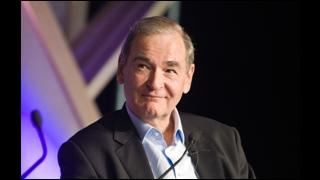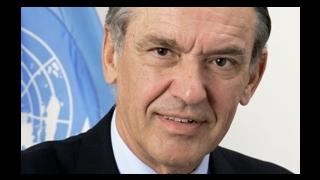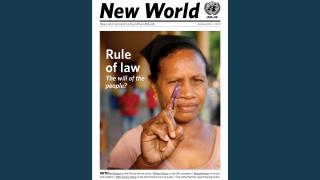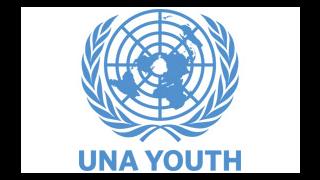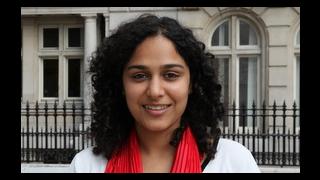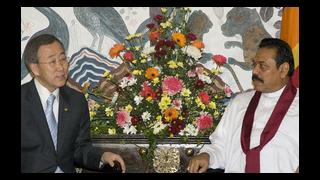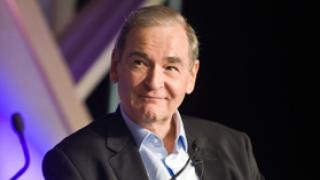
The rule of law is a good thing to put at the heart of the promotion of democracy, sustainable development and human rights. But it is as hard to realise in practice as the other central mantras of 21st century progress, because of the key question: whose rule and whose law?
At the national level, the law is part of a constitutional system of rights and responsibilities that apply both to government and the governed. There is hardly a single society that shows unanimous support for that system, because it reflects the prejudices of the group in power when it was established. The rule of law and natural justice can be perceived as two different things.
At the international level, the structure is even more uncertain, because the compromises underlying the establishment of new institutions are closely related to contemporary power holdings and paper over a wider set of stakeholder preferences than in a national setting. The upholding of international law then becomes a competition between perceptions of order viewed through a prism of national interest. It is extraordinary to witness in this present era, for instance, the contrast between the image of the United States as the great champion of democracy and its reputation as a subjective and unilateral authority on the international stage.
The law needs three things: good statutes, good police and good courts. It most especially needs good courts, because the wisdom of judges can sometimes make up for deficiencies in law-making or policing, just as their corruption or foolishness can ruin the other two. In our international institutions we have an excellent set of principles, conventions and treaties, but barely any form of international policing beyond the ad hoc, and only the beginnings of a court system dedicated to holding contraveners to account. There is no recognised appeal process or supreme legal authority, except possibly in the hands of the Security Council if it proves capable of acting steadily in the global interest. That hope is not supported by the empirical record.
The rule of law is anyway beginning to be tested in new ways. The second decade of the 21st century is turning into the decade of protest. Turkey, Brazil and Egypt, each in their own rather different circumstances, have experienced explosions of popular feeling that are all the more surprising for the degree of progress each has recently made in establishing political systems that respond to the will of the people. In all three places, the authorities have sought to keep order through firm police action where they see the law as having been broken, or security threatened, by protestors. Yet international sympathy has for the most part lain with the demonstrators. We come back to the question: whose rule and whose law? Are we moving into an era where right is seen to lie with the people just because they want better government?
Every government makes mistakes. Power breeds arrogance. Yet people need government. So what we really mean by the rule of law is the good rule of good law; and what is 'good' becomes subjective. This is where I sense the continuing, even the growing, importance of the United Nations, in not only setting the standards of good government through its collection of global norms, principles and rights, but in working with governments, if necessary through the application of a Security Council resolution in a particular conflict or post-conflict situation, to implement those principles. People-power is starting to bear on what constitutes natural justice, and changes in the law, both domestic and international, are liable to follow. For the moment, the onus is on governments to listen.





